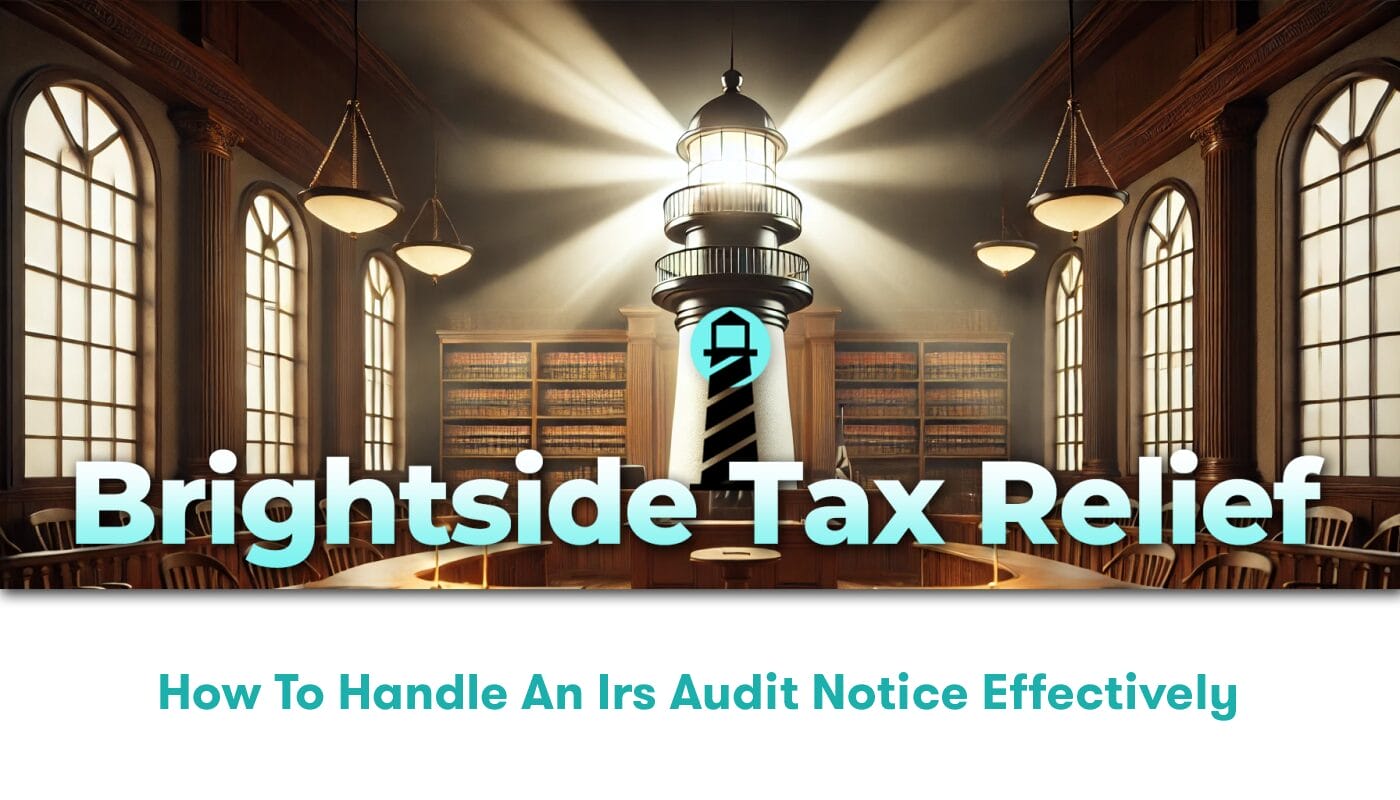Understanding Lottery Taxes
When that euphoria-inducing moment occurs, and you discover you’ve hit the jackpot in your favorite lottery, reality can soon set in as financial obligations loom. One such responsibility that winners often overlook or miscalculate is the tax implication of their newfound wealth. It is critical to grasp the essence of lottery taxes to prevent any unexpected surprises.
What are Lottery Taxes?
Lottery taxes are the federal and state taxes that apply to lottery winnings in the United States. The Internal Revenue Service (IRS) treats lottery winnings as income and taxes them accordingly. While the federal tax rate remains consistent across the board, state taxes can vary dramatically.
Depending upon the state in which you reside, you could see a substantial percentage of your lottery winnings deducted for tax purposes. In some states, there is even a specific tax for lottery winnings. According to one source on the IRS website, all gambling winnings must be reported as income on your tax return.
The Role of Brightside Tax Relief
As a nationwide tax relief company, Brightside Tax Relief specializes in tax resolution and negotiation services. If you’ve won the lottery, our team of tax professionals can assist you in understanding and managing the tax implications.
We understand that dealing with lottery taxes can be overwhelming, especially when dealing with significant amounts. Our aim is to make the process as simple and straightforward as possible, allowing you to maximize your winnings and advance your financial future in a responsible and sustainable manner.
How Lottery Taxes are Calculated
The calculation of lottery taxes primarily revolves around two factors: the location of the winner and the prize amount. For federal tax purposes, lottery winnings are treated as ordinary income, subject to the standard federal income tax rates.
Lottery winners can expect to pay upwards of 37% in federal income taxes for winnings. State taxes can range from zero in some states to over 8% in others, with a few states even assessing an additional local tax.
Important Considerations
Most importantly, Brightside Tax Relief wants to emphasize that tax planning should not be an afterthought. It’s crucial that winners consult with a tax professional concerning their winnings to ensure they understand the tax implications and are prepared for the associated costs.
To avoid nasty surprises, consider the following:
- Choose the right payment method: You have the option of receiving your winnings as a lump sum or an annuity, both of which have tax implications.
- Set aside funds for taxes: To avoid a hefty tax bill, it’s recommended to set aside a certain percentage of your winnings for tax purposes.
- Consult with a tax expert: A tax expert can provide advice on tax deductions and credits you may be entitled to, potentially reducing your tax liability.
Tax Deductions on Lottery Winnings
Believe it or not, there are a few tax deductions that lottery winners may be able to claim. For example, you can deduct the cost of your lottery tickets as a gambling loss, up to the amount of your winnings. However, the itemized deduction for gambling losses is limited and may not apply, depending on your circumstances.
Wrapping Up Lottery Taxes
While winning the lottery can be life-changing, being blindsided by a huge tax bill can quickly dampen your enthusiasm. It’s crucial to be aware of the tax implications of lottery winnings and to seek professional assistance to navigate this complex terrain.
With a tax relief company like Brightside Tax Relief by your side, you can navigate these complicated waters with confidence, fully aware of how to handle the tax implications of your win. Remember, the most crucial step is to seek professional assistance and begin planning your financial future wisely from the moment you hear those life-altering words: “You’ve won the lottery!”






